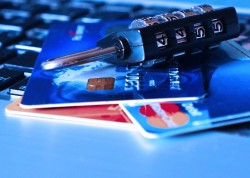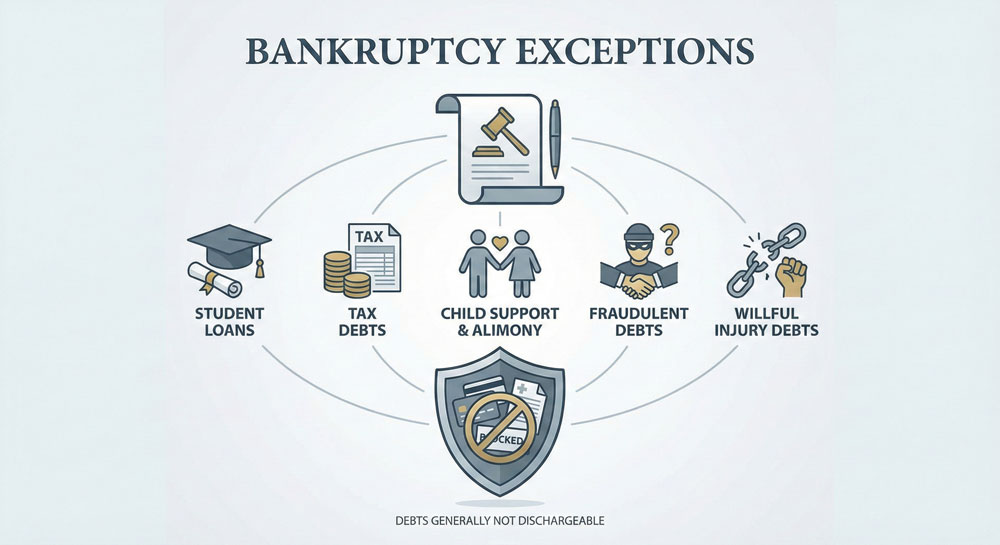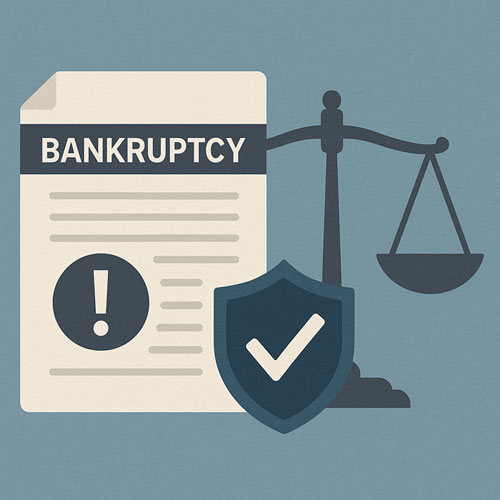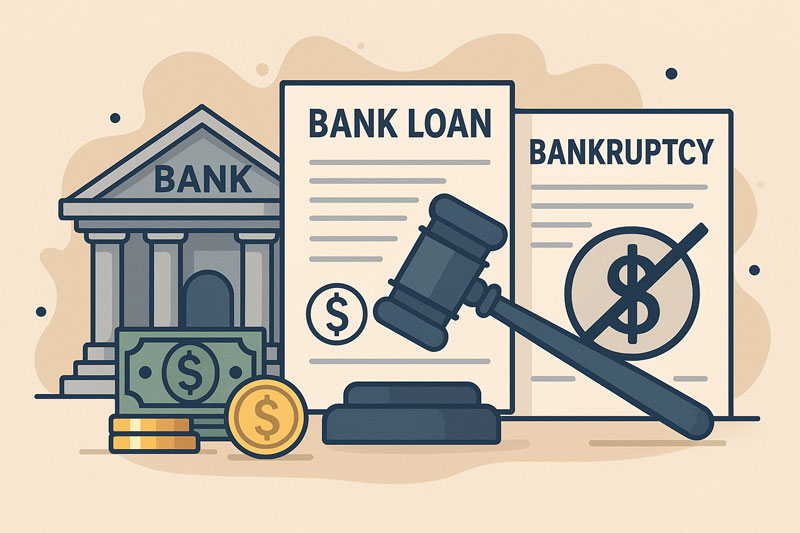When Not To Use Your Credit Card
 Credit cards are a big responsibility. When abused they can end up in a never ending debt cycle filled with late fees and finance charges. With all the credit card advice that is floating around the internet these days, we thought it wise to compile a set of guidelines for the worst times to reach for the plastic.
Credit cards are a big responsibility. When abused they can end up in a never ending debt cycle filled with late fees and finance charges. With all the credit card advice that is floating around the internet these days, we thought it wise to compile a set of guidelines for the worst times to reach for the plastic.
When Should You NOT Use Your Credit Card?
1. Paying you taxes
While the IRS does accept credit and debit card payments, it charges you a convenience fee which consists of a percentage of your total tax bill. Some third party E-filling companies charge even more.
2. When making large purchases.
Many credit experts advise that if you don’t have at least half of the amount of your credit card purchase in cash, don’t make the payment with your credit card. Furthermore, using more than 30% of your credit limit could have negative effects on your credit.
3. To consolidate credit card debt
Swapping debt one or two times a year can negatively affect your credit. If you have bad credit, consolidating debt is probably just putting a temporary band-aid on the real problem. Instead, it’s smarter to focus on a debt management plan or consider talking to a bankruptcy law firm about filing for bankruptcy.
4. When your purchase price may drop
If you have an indication that the price may drop on an item, it’s best to wait. There’s no reason to start paying interest on it today when you could have a better price on it tomorrow.
5. When your planning on buying a home or car
If you are going to be seeking financing on a house or automobile in the next 6-12 months, it’s crucial to keep you credit card balance activity to a minimum as it will be under more scrutiny by underwriters when you go to get a loan. Also, it shows that you can effectively manage your finances.
Credit Cards can be a real curse depending on the amount of will power and thought you put into their use. According to a 2015 study on household credit card debt, the average U.S. household carries around $15,000 in credit card debt and pays around $6,000 per year in interest payments alone. While credit card debt isn’t the number one cause of bankruptcy (it’s medical debt actually), it can certainly be a burden if things get out of hand. The good news is that if you are unable to pay your monthly minimum payment on your credit card, this type of unsecured debt may be dischargeable if you qualify for a Chapter 7 or Chapter 13 bankruptcy. If you’ve found yourself in a situation where the debt is too much, contact a local Sacramento Bankruptcy Lawyer to discuss your situation and find out if you should file for bankruptcy in California.
Categorized in: Debt



